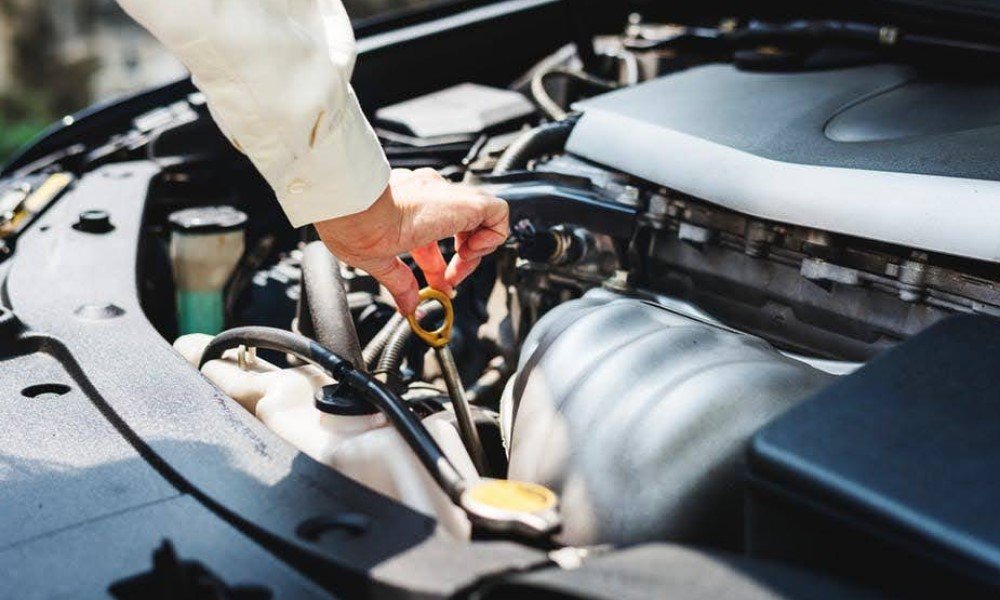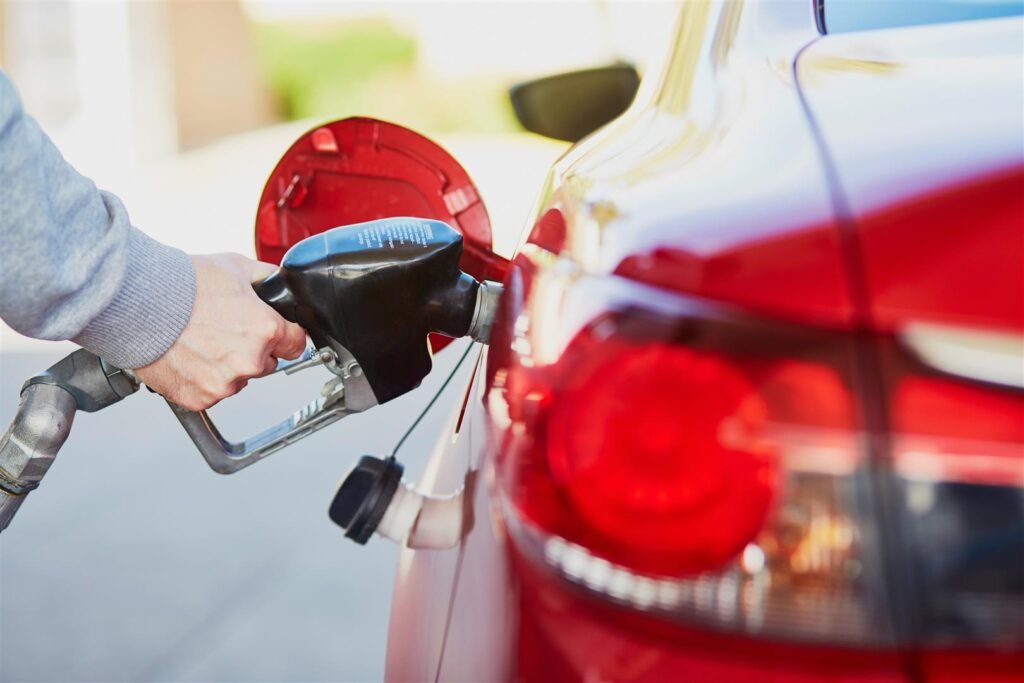
Modern vehicles can travel much longer between tune-ups than older models, which need to be inspected every 12,000 to 25,000 miles. Typically, a new car can travel up to 100,000 miles before needing extensive maintenance. However, that doesn’t mean you should ignore regular maintenance or any other warning signs of a car problem. Cars are safer, economical, and run smoothly with a well-maintained engine. You can still tell when your car needs a tune-up even if it’s not very old. Here are some common signs that your car needs to be tuned up.
7 common signs – don’t ignore this
- Strange Noises
- Decreased Fuel Efficiency
- Difficulty Starting the Engine
- Vibrations
- Warning Lights
- Rough Idling
- Poor acceleration
1. Strange Noises
Strange noises coming from your car are a clear indication that something is wrong. Check for any unusual noises especially when accelerating, braking, or decelerating the vehicle.
Engine Noises
Starting your car should be easy and quick with the push of a button or the turn of a key. If it won’t start or takes several tries to start, you may have a dead battery or a malfunctioning starter.
A loud knocking or pinging sound coming from the engine indicates problems with spark plug or combustion. A qualified technician can determine if your alternator, fresh battery, or spark plugs are going bad.
Brake Noises
A squealing or grinding sound when the brake is applied could indicate worn brake rotors or pads, which need to be replaced right away. If you ignore it, it means everyone else in your car is in danger. Concern with your professional mechanic and tell them. Whether the issue is caused by worn rotor discs, a problem with the brake pads, or something else entirely, they will expertly diagnose and fix it.
2. Decreased Fuel Efficiency
We always want to know how far our car can go on a tank of gas and get the best fuel economy. If you notice a sudden drop in your fuel average. This is a sign that your car’s engine is not working efficiently either. This is due to several reasons such as dirty fuel injectors, a clogged air filter, or cracked spark plugs.

3. Difficulty Starting the Engine
Having trouble starting your automobile, particularly on winter mornings, maybe a sign of issues with the gasoline or ignition system. This could be a weak battery, a worn-out spark plug, or an ignition coil malfunction.
4. Vibrating
There can be an issue with the engine, transmission, or suspension if the steering wheel or pedals are excessively vibrating. Ignoring these vibrations can ultimately lead to further damage and costly repairs.
5. Warning Lights
Warning lights are also the most clear symptom that you should get a tune-up, and yet people tend to neglect it the most because of stereotypes. Although it’s a joke to leave a caution light on for extended periods, there’s a purpose for it to be on.
If you don’t solve it, there could be major issues down the line. Should a warning light be illuminated on your car, bring it into the shop. Your car could only require a simple tune-up to turn off the light and prevent more serious issues.
Of course, a caution light may also indicate the presence of far more significant issues. Most modern automobiles have codes that allow you to differentiate between different alerts. You can check your user handbook for further information, or you can take your car to a mechanic, who can determine whether repairs are required or merely a tune-up is needed.
6. Rough Idling
When your car vibrates or stalls while the engine is running, it may need maintenance. Abnormal air-fuel ratios, clogged fuel injectors, dirty spark plugs, and vacuum leaks can cause engine damage. These problems can be found and solved by having our qualified experts inspect your car’s fuel injectors, air filter, timing system, and spark plugs. To guarantee that your car runs as smoothly as possible, a tune-up can also help restore lost power and efficiency.
7. Poor acceleration
Another indication that your car may need a tune-up is sluggish acceleration. Poor starting speed or difficulty climbing hills could be a sign of problems with your car’s filters, broken spark plugs, or transmission. A tune-up will inspect all of these components and more to guarantee optimal vehicle performance.

Conclusion:
In conclusion, regular inspections of your vehicle make performance reliable and safe. Here are 7 signs your car needs a tune-up. Because of this, you want to schedule routine tune-ups with a trusted mechanic who is familiar with the vehicle’s inner workings. This way, you can keep your car in good condition and identify any potential problems before they become serious.
Frequently Ask Questions:
1. What occurs if a tune-up is skipped?
You will start to notice a decrease in performance and fuel efficiency if you ignore routine tune-ups. Even worse, you can start having trouble driving, and finally, your car might break down and leave you stranded. You might also sustain long-term harm to other systems, like your engine.
2. What is a full tune-up?
A car tune-up is a set of maintenance checks that are done to keep it in good working order. Replacing many critical wear and tear components such as the oxygen sensor, fuel filter, air filter, and others is usually part of a tune-up.
3. What are the benefits of tune-up?
Engine performance, fuel economy, and general dependability can all be enhanced with a tune-up. Additionally, it can help avert the emergence of more serious problems, saving you time and money.
4. What is a major tune-up on a car?
The major tune-up is the spark plug, filter, and fuel pump replaced or the fuel injector cleaned or replaced.
5. Why is a tune-up so expensive?
The total cost of your tune-up will be determined by the cost of the necessary parts and the hourly rate of mechanics in your area. A tune-up at a general repair shop is usually less expensive than at a dealership.
Read also: Best car in snow & Toyota reliable
